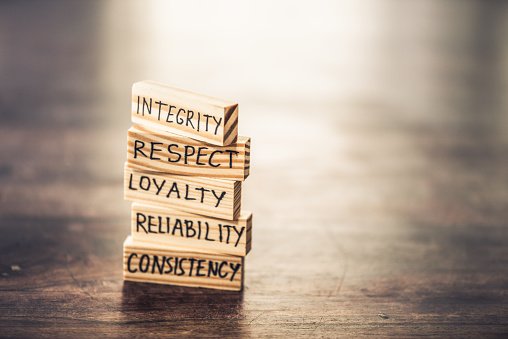Spirituality

This may seem like a silly title. How can a person do anything but value what they identify as valuable to themselves? It is true that many people make time, and commit energy, to the things they hold in the highest regard such as family, relationships, success, education, etc. However, like so many things, this can become an unconscious endeavor and your values can easily fall away from your focus as you find yourself building different routines. If one is neglecting their values, they may be unconsciously reinforcing depression, anxiety, grief, or anger. So how do we interact with our values in such a way that our lives and goals feel effective and meaningful?

Having challenges with your quality of life can come from many sources. When you take what happens to you and combine it with your reactions (thoughts, feelings, beliefs, choices, etc.) you get the formula for your quality of life. Most of what happens to us lies outside of our control, which can influence thoughts and feelings we often feel initially, in new situations. However, it is important to understand that the subsequent thoughts and feelings we have, and the beliefs they form, are very influential on our overall quality of life. It is here that a skill referred to as Loving Kindness was developed from eastern meditative practices as a way of reducing stress-reinforcing beliefs and improving overall quality of life.

As Thanksgiving approaches, the focus on gratitude and being thankful for others comes to mind. The research on understanding the impact of gratitude on health and relationships has also expanded over the last several years. Expressing gratitude on a consistent basis has been shown to positively impact important areas in one’s life including emotional wellbeing, physical health, and connectedness in relationships.

Saying sorry is not a simple walk in the park. Learn more about letting go of anger.

“The two most important days in your life are the day you are born and the day you find out why.” – Mark Twain

People tend to leave out the spiritual element of total wellness. This can be be due to the fact that it is the most personal or that it seems to be the most difficult to figure out. As human beings, we generally aim to live a life full of meaning and purpose. Spiritual wellness consists of one’s values, beliefs, and purpose. We can all use some help when it comes to improving our spirituality, so here are some tips:

Religion refers to the organized, community-based system of beliefs. Spirituality, on the other hand, resides within the individual and what they personally believe. You can be part of a religion and not be spiritual, while you can be spiritual and not a part of an organized religion. Both religion and spirituality are shown to have positive impacts on mental health.

In this fast-paced world we live in, it is not always easy to slow things down and catch our breath. Being resistant to doing breath work is not uncommon. Here are some common reasons that prevent people from meditating, with some suggestions!

“There are an infinite number of ways in which people suffer. Therefore, there must be an infinite number of ways in which Dharma is available to people,” Kabat-Zinn J. Mindfulness for Beginners: Reclaiming the Present Moment-and Your Life.

This is helpful for anyone who feels their mind is not peaceful at the moment.